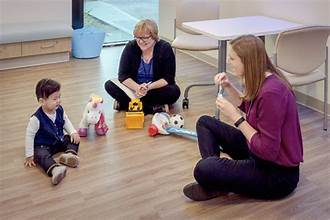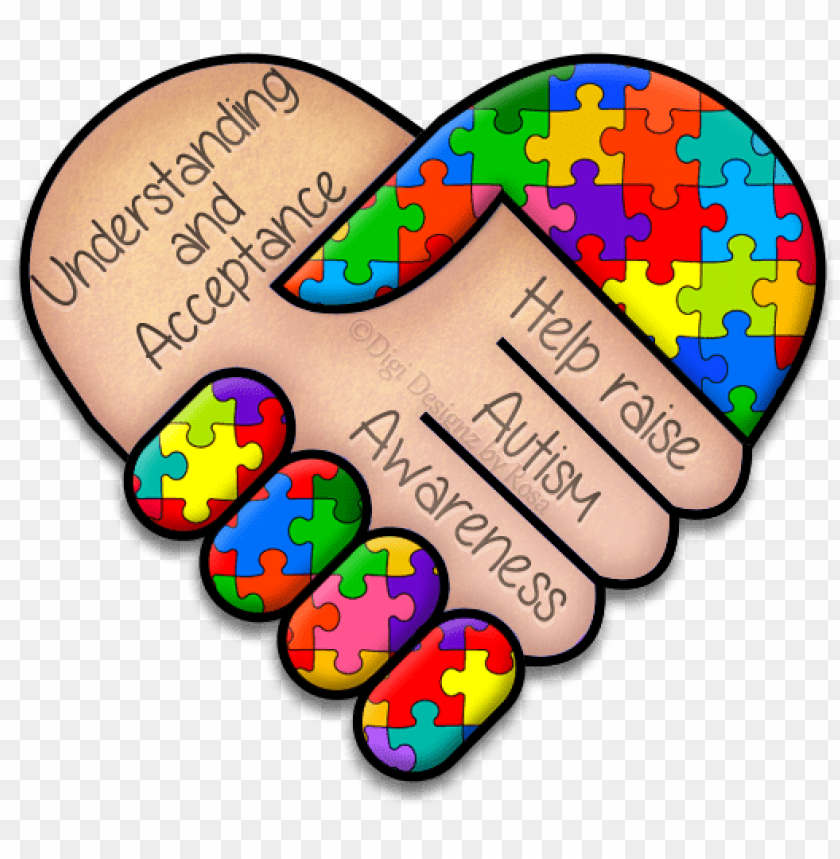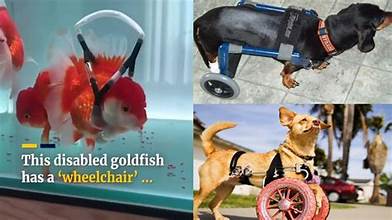Understanding Autism Signs
Autism Spectrum Disorder (ASD) is a developmental condition that affects how a person communicates, interacts socially, and processes the world around them. Because autism is a spectrum, the signs and symptoms can look very different from one individual to another.
Recognizing these signs early, whether in a toddler or an adult, is crucial. It can pave the way for families to access the proper support, therapies, and resources, significantly improving the quality of life. This guide meticulously breaks down autism symptoms by age group, gender, and life stage.
Early Signs of Autism in Toddlers (1–3 Years)
Some signs of autism may appear in infancy, but they often become more noticeable between ages 1 and 3. Common early indicators include:

- Limited or no eye contact
- Not responding to their name.
- Delayed speech or lack of babbling
- Repetitive movements such as rocking or hand-flapping
- Strong attachment to specific routines or objects
- Little interest in interactive play
💡 Learn more in our deep-dive article: Early Signs of Autism in Toddlers
Autism Symptoms in Children (4–12 Years)
As children enter school, social and communication differences often become more visible:
- Difficulty making or keeping friends
- Struggles with pretend or imaginative play
- Literal interpretation of language; difficulty with jokes or sarcasm
- Sensory sensitivities to sounds, textures, or lights
- Intense focus on specific subjects or activities
- Meltdowns or distress over small changes
💡 See the complete guide: Autism Symptoms in Children
Signs of Autism in Teenagers
For teens, social expectations increase, and autism signs may shift:
- Social withdrawal or feeling out of place
- Challenges with emotional regulation
- Difficulty reading facial expressions or tone of voice
- Obsessive interests that dominate conversation
- Rigid, black-and-white thinking
💡 More in: Signs of Autism in Teenagers (coming soon)
Autism in Adults: Often Overlooked Signs
Many adults reach diagnosis later in life, often after a child in their family is diagnosed:
- Feeling “different” or socially disconnected
- Struggling to maintain friendships or relationships
- Sensory overload in crowded or noisy environments
- A strong need for routine and predictability
- Deep focus on specific topics or hobbies
- “Masking” behaviors to blend in socially
💡 Read more: Autism in Adults: Often Overlooked Signs (coming soon)
How Autism Presents Differently in Girls
Autism is often underdiagnosed in girls because symptoms can look different:

- Strong ability to mimic social behavior
- Interests that seem “typical” but are unusually intense
- More likely to be misdiagnosed with anxiety or ADHD
- Internalized struggles instead of visible meltdowns
💡 Learn more: How Autism Presents Differently in Girls (coming soon)
When to Seek Professional Evaluation
If you notice any of these signs in yourself, your child, or a loved one, it’s worth seeking evaluation from:

- A pediatrician or primary care doctor
- A developmental pediatrician or psychologist
- Speech and occupational therapists
- Autism assessment centers
Early diagnosis opens doors to resources like speech therapy, occupational therapy, social skills groups, and sensory support tools.
Final Thoughts
Autism is not a one-size-fits-all condition. Each person’s combination of strengths, challenges, and needs is unique. By recognizing signs early, we can provide understanding, acceptance, and the right tools to help individuals thrive.
FAQs About Autism Symptoms
Can autism develop later in life?
Autism is present from birth, but signs may not be recognized until later.
Do all autistic people have the same symptoms?
No — autism symptoms vary widely in type and severity.
Is autism a disability?
Autism is considered a developmental disability, but many autistic individuals lead independent, fulfilling




